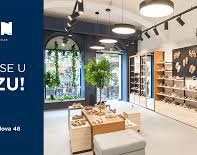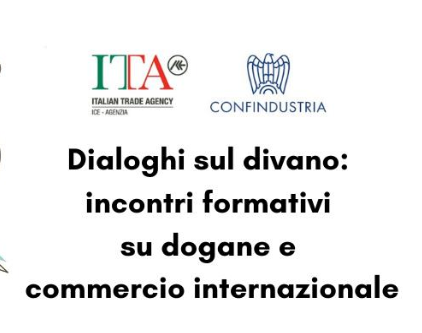The great exodus of Western brands from Russia following the Russian invasion of Ukraine, has created a vacuum for the benefit of companies in countries that do not comply with Western sanctions. The theme is dealt with by @PublicationsEdm which evaluates the new opportunities for the export of shoes from Serbia, through the example of the Leon Anatomic Footwear shoe factory. [How a Serbian shoemaker is benefiting from Russia's need for new suppliers – Shoe Intelligence].
The huge exodus of Western brands out of Russia following the country’s invasion of Ukraine in Feb. 24, has created a void benefiting to companies from countries non abiding to Western sanctions.
Thanks to tight historical and cultural ties, Serbia continues to trade with Russia, even though the country has aspirations to join the European Union (EU), which has introduced a train of harsh measures against Russia. And the opportunity to trade with Russia is being seized by Serbian businesses, including the shoemaker Leon Anatomic Footwear.
“Russia is becoming even more important due to the fact that Russians cannot import from the EU. More opportunities are arising and that’s why we are recruiting extra employees to increase annual production by up to 350,000 additional pairs,” states Djordje Savic, chief operating officer at Leon Anatomic Footwear and the second generation of the founding family working in the company. Leon was created in 1999 by Savic’s father Budimko and his uncle Goran.
Leon is a fast-growing brand whose sales reached €9 million last year. Based in Sabac, it specializes in wooden shoes, medical and fashion clogs, sandals and slippers. Exports represent almost 80 percent of the 830,000 pairs of the shoes produced annually, with the remainder being sold in Serbia.
Its main export markets are Bosnia, Hungary and Russia, each representing about 20 percent of exports. Russia maintained its significance despite the outbreak of the war in Ukraine and subsequent international sanctions.
“When the war began, the problem of trading with Russia started. Before the war, our trucks moved fast to Russia passing smoothly through Romania, Moldavia and Ukraine, now they are forced to take a large detour through Poland and Belarus. Something which increased costs by 100 percent from €4,000 to €8,000 per truck”, said Savic in an exclusive interview with Shoe Intelligence.
“We normally receive payments in euros (from Russian clients) but at the beginning of the war we started to face problems of getting paid since the ruble had depreciated and Russian companies didn’t want to lose too much money on the foreign exchange market. After the ruble recovered on international markets, payments restarted to come on time,” he adds. Savic notes that the company used to produce also for two European brands, but that business was dropped to concentrate on new demand from Russia.
Leon owns five shops in Serbia but it also sells in several other multi-brand stores and pharmacies. Its products are available also on internet, which represents a small amount of total revenues. Digital sales are achieved through the brand’s own website and other 15 online Balkans platforms such as Ananas.
“We are characterized by a complete production cycle, which consists of the production of wooden, polyurethane and folding soles, leather cutting, preparation and sewing of the upper, assembly, packaging and transport to the customer,” states Savic. He claims that the brand only uses high-quality materials, such as sustainable leather imported from Italy, and that high production standards are a requisite for each of its “pair of clogs sold on the domestic and foreign markets”. The cost of a pair of Leon shoes is around €25 for the Serbian market, while in EU countries the price doubles. “So far, we have placed two product lines on the market: Leon, characterized by fashion clogs and slippers with a modern design, intended for everyday and professional use, and Leon Medical, consisting of medical clogs and slippers intended exclusively for sale in pharmacies”.
Leon is currently working at full capacity and the company expects to increase 2022 revenues by 10 percent, while 2023 revenues could grow by 25 percent thanks to the planned additional manufacturing capacity. The company is also considering entering new European markets such as Italy.



